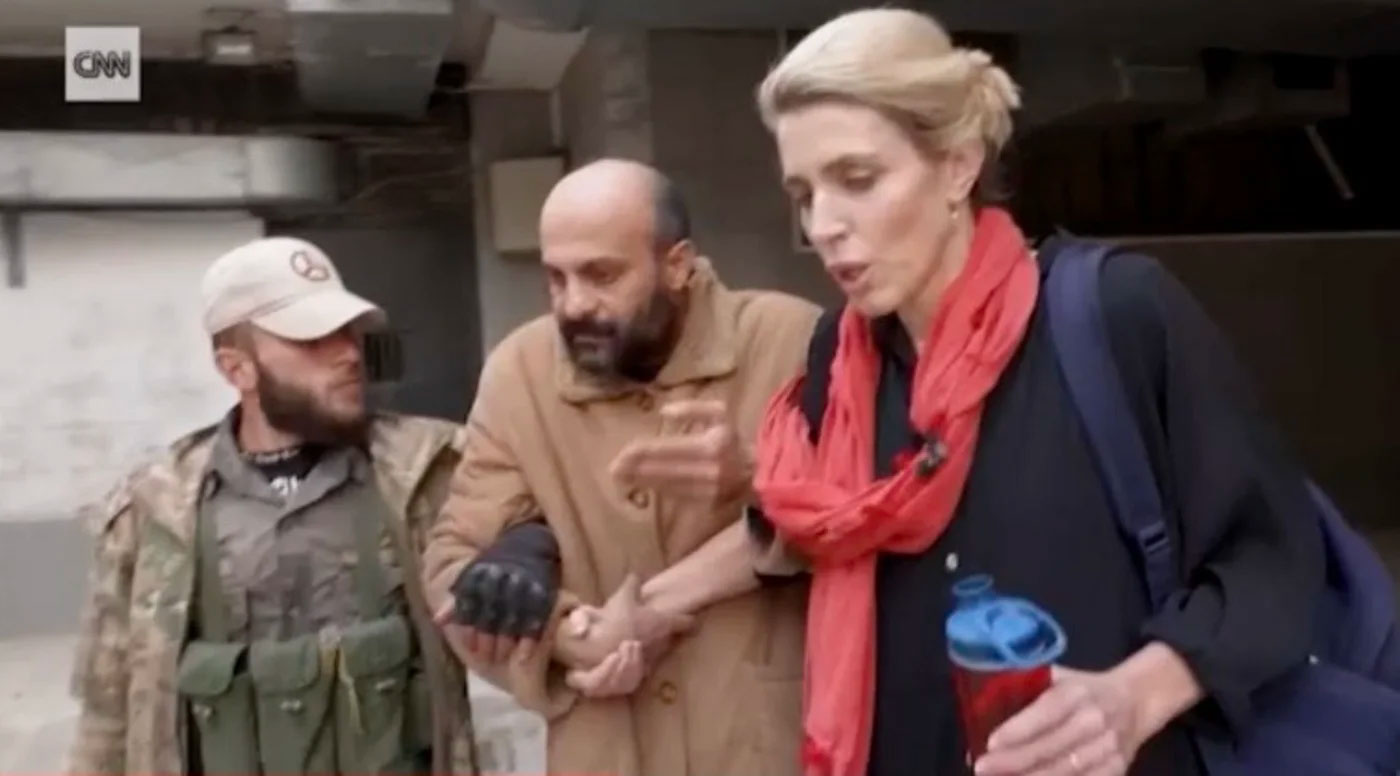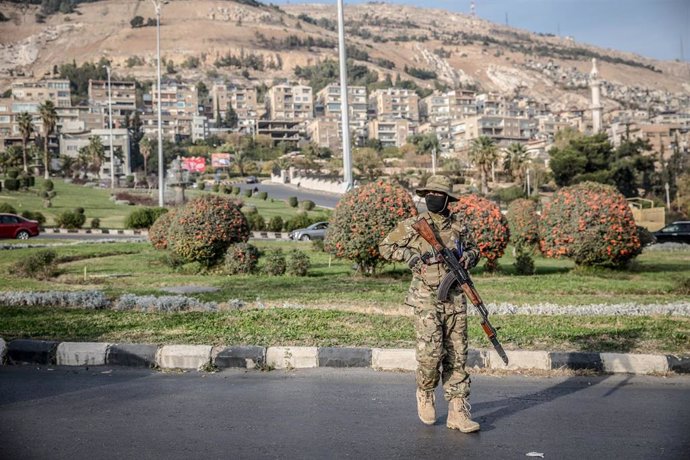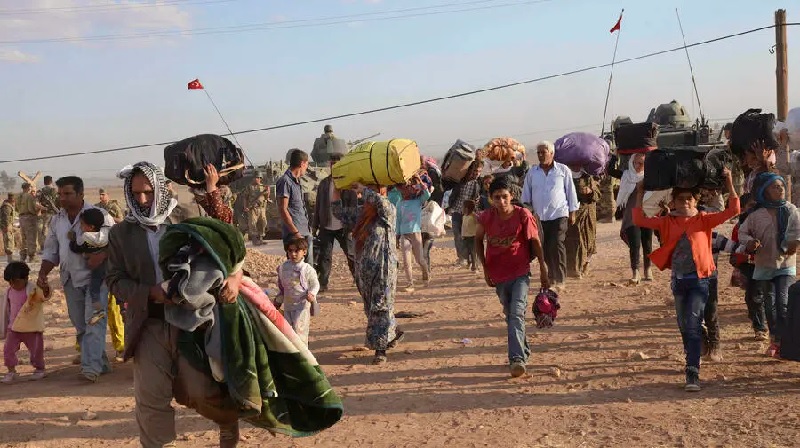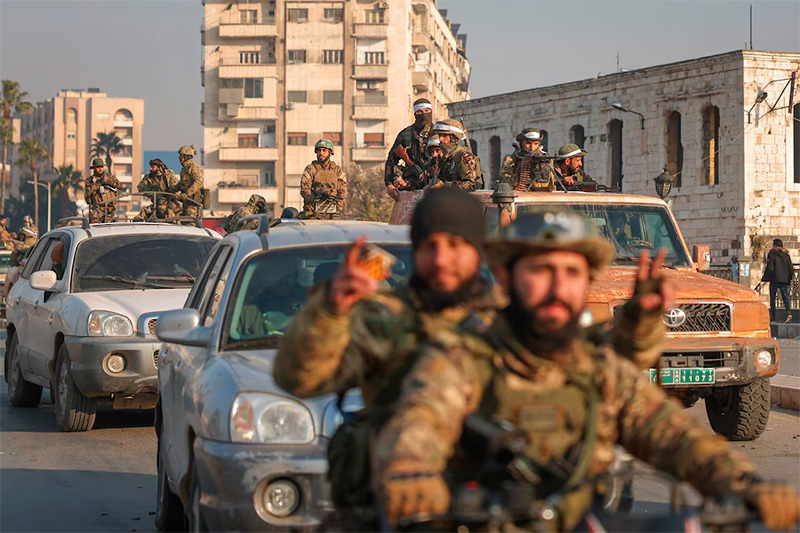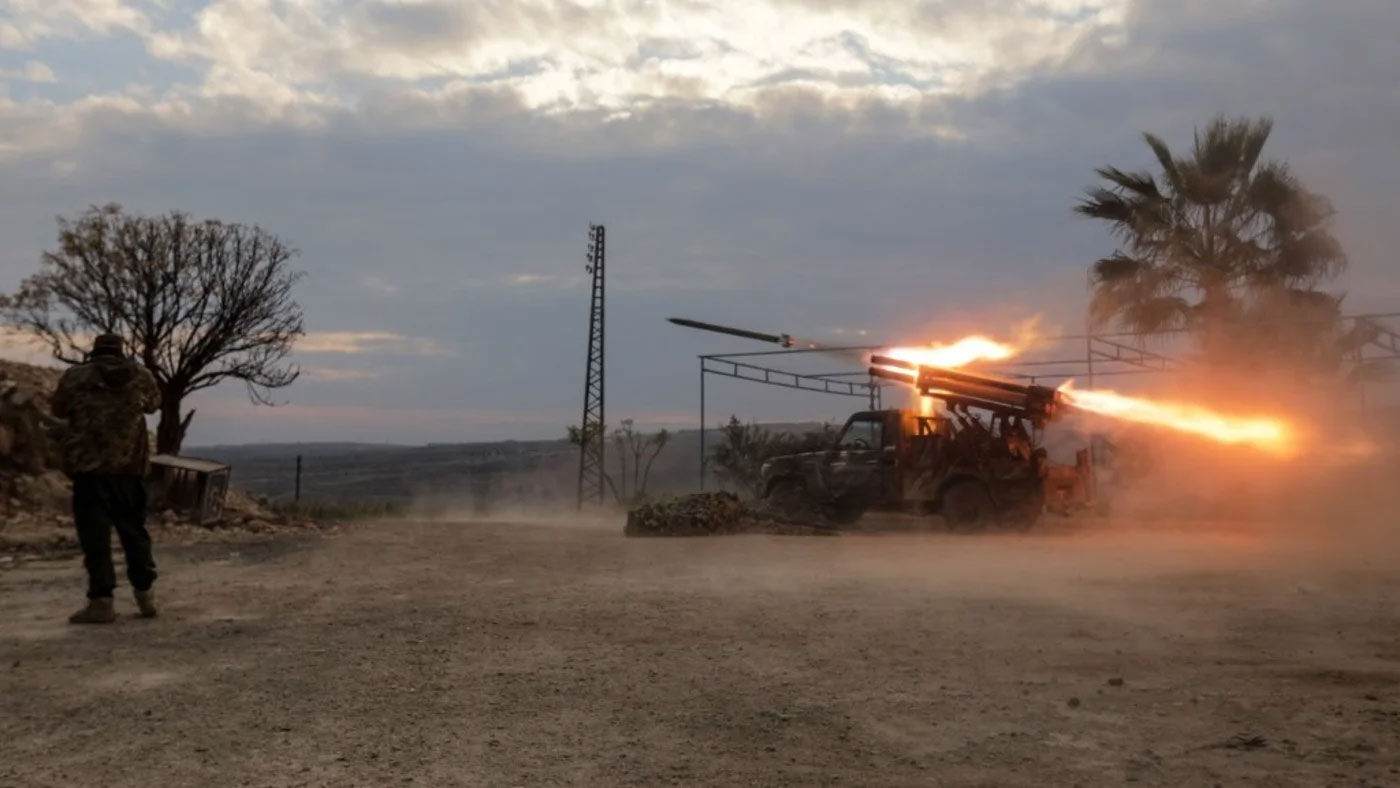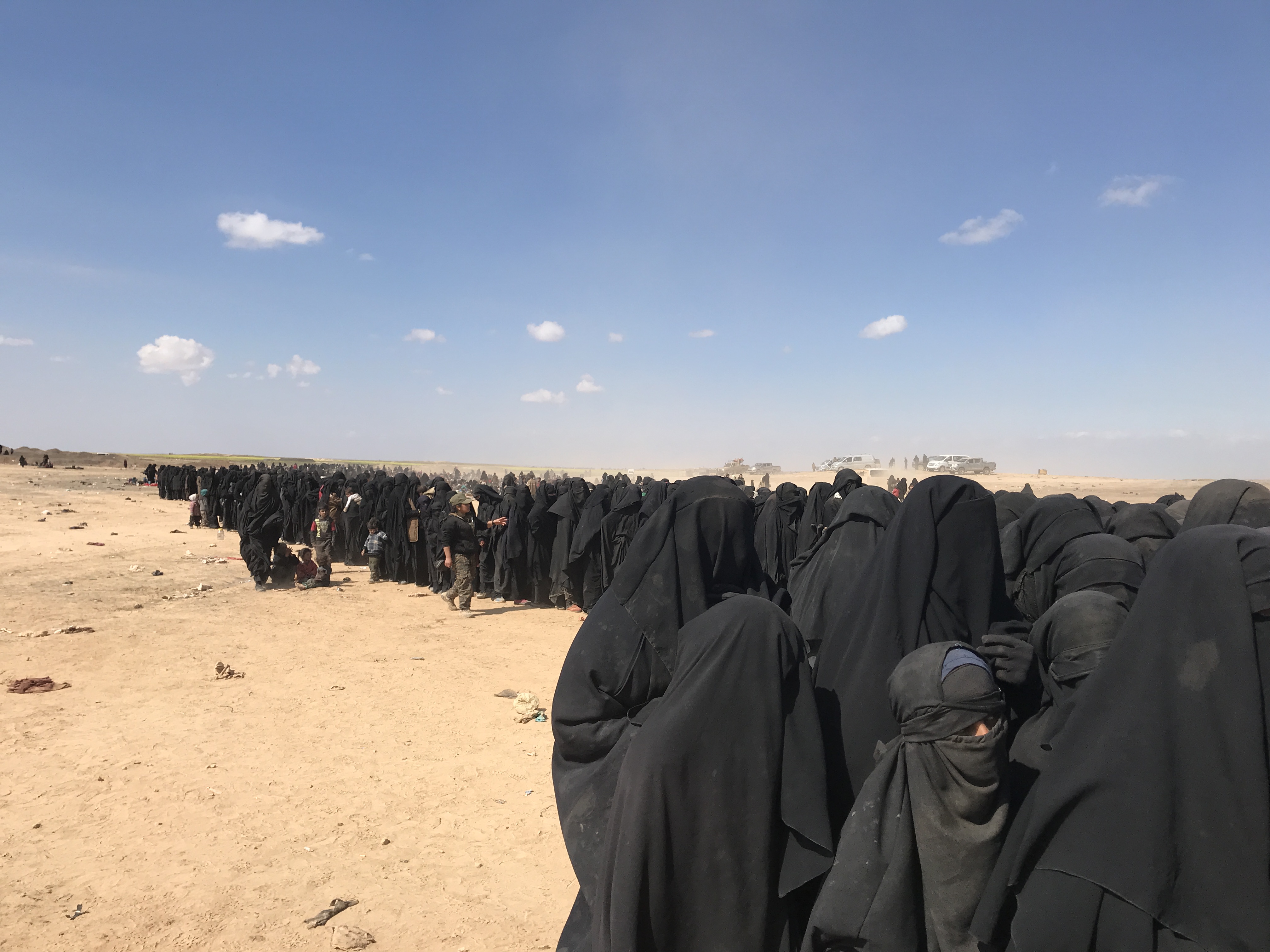No Pompeii, no Gernika: this is Aleppo, the epicenter of a world war.
- 2.1 million inhabitants in the 2004 census. Aleppo is one of the oldest cities in the world, which has had uninterrupted population since the sixth millennium before Christ. Really? It was. The districts of the East under the control of the rebels, those of the West under the government, have destroyed the city declared a UNESCO world heritage site, forcing the civilian population trapped in the brow to survive as a mole.
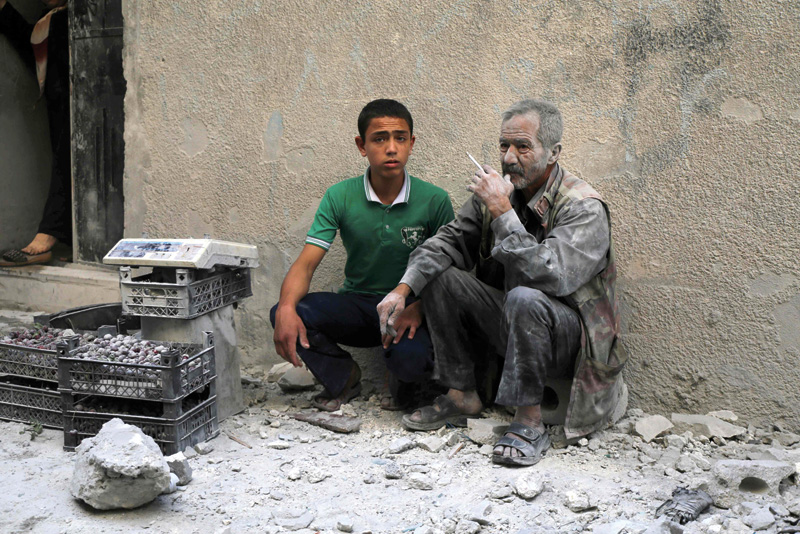
The scream spread on social networks, accompanied by videos, on 20 September: “This is not Pompeii, this is Aleppo.” No, it was not the ash thrown by the Vesuvius volcano that covered the dead and wounded children, but that caused the bombs launched by the planes of Russia and Syria, whose powerful explosives had destroyed large whole buildings.
Pompeii's was a natural wreck, so it's better to compare Aleppo to the cities that became martyrs in the wars of the 20th century. The French ambassador, François Delattre, said: “Aleppo is Aleppo in the war in Syria, it was Sarajevo in the war in Bosnia or Gernika in the war in Spain.”
On the contrary, the Syrian and Russian authorities have found another parallel to that of Aleppo: Stalingrad, II. Besieged by a supposed unstoppable German invasion during the World War, defended without surrender by the Soviets, who finally sowed the seed of Nazi defeat.
Although it has that epic for the two warring parties in Syria, the blood price of the Aleppo massacre should shock the world. The United Nations has criticized the authorities in Moscow and Damascus for violating the minimum humanities laws adopted by the authorities. Ban Ki-moon stated that the news of the massacres of the last weekend of September had become desolate. The brief truce agreed between the United States and Russia concerned the damage of the new military offensive launched in Aleppo by the military in Bashar Al-Assad.
After the war worsened in August with the invasion of the Turkish Army, the United States and Russia, which are increasingly reaching their hands in Syria, agreed to negotiate with great fatigue the September menia. At first, despite the fact that since 13 the shots were not completely shut down, the pact was recognising the majority of the parties involved in the conflict, the Damascus authorities, the Gulf monarchies, NATO ... But not for a long time.
In those days, the website of the Tehran Strategic Research Center CSR asked in the analysis signed by Afifeh Abedi: “Russia’s strategy in Aleppo: Military or political?” The Iranians understood that the United States and Russia were approaching an agreement on the war in Syria, especially with regard to the city of Aleppo.
“Many analysts think,” Abedik said, “that the battle of Aleppo is so important that it will condition the crisis in Syria in its entirety, but it can also be very complicated.” And I didn't see Russia willing to untie the knot, or because I didn't want to spend too much on freeing it, because a more important part of Syria, fundamentally the military base of Damascus and Tartus, was well controlled, or Aleppo's airstrike was going to bring a bad international image to it, causing many civilian casualties.
The bad signal came on 17 September. When in Deir Ezzor U.S. aircraft attacked the Syrian army and killed almost a hundred soldiers. From Washington, they wanted to make it clear quickly that this was a neglect, the result of the petto they did when they analyzed the information from the battlefield. In addition, a different interpretation was made: The Islamic State, which controls practically the entire east of Syria, is besieged by Deir Ezzor, who wanted to express his support for the Islamists when they beat the Assad soldiers to stabilize the division of Syria. A provocation.
The answer came on 20, an attack on Umm al-Kubra in which United Nations trucks accompanied the civilian population through the truce were attacked. Who? It has been the work of the Russians, says the West. Russia denies it. The Aleppo offensive began two days later. Before sending the infantry to remove the rebels from the eastern neighborhoods, the aircraft have turned all their buildings into the air.
A moral abyss like the world
In Aleppo, the war in Syria is played to a large extent, in which most analysts agree. The country’s largest city and real economic capital, independent of the revolt against Bashar El Assad, if Damascus rewards it in full, will show that the government is not ready to fall tomorrow. USA, NATO, Israel and the Gulf Powers. But for that ... Assad must control Aleppo in its entirety.
The bombings of the first three days of the new offensive have left between 200 and 300 dead and many more wounded. Hospitals, homes, all infrastructures are demolished. In addition to the siege, the bombs, the supply barely reaches the eastern neighborhoods of Aleppo. Staffan de Mistura, appointed UN mediator for Syria, has denounced that the last eight days of September have been the hardest of the six years of war.
De Mistura denounces the systematic bombings of Russian aircraft to facilitate the passage of Damascus troops: “New weapons are being attacked from the air in neighborhoods where there are a lot of people, including incendiary bombs that destroy the whole environment to crush bunkers. Its use in populated places can be considered a war crime. This has to stop.”
But with the images of Aleppo, the representatives of the United States, the United Kingdom and France who skip the war crimes of Russia and Bashar El Assad in the UN assemblies would want to hide that the Islamist rebels do the same with the more sophisticated weapons and ammunition that they sold. The war in Syria is also practised in propaganda.
The Lebanese writer Elias Khoury, who, in addition to the pen for the Palestinians, has also fought with arms, in his article “Palestine, Syria and our blindness” states that the war in Syria demonstrates the measure of the ethics of the world, as demonstrated by the expulsion of hundreds of thousands of Palestinians in 1948 to create the State of Israel. How can we continue to celebrate the massacres of the past by saying ‘Never again!’ and at the same time silence the Syrian drama that is spreading these days?
“In 1948, everyone,” says Khoine, including the Arab world, pretended that he did not know [with Nakba] or lied. Today nobody can say that they do not know what is going on in Syria. Photos of Syrian children have become an icon of the shame of our universe, the death of Syrians has become an indifference, and the sufferings of millions of refugees, homeless, sick and hungry, have entered our homes, but that does not seem to worry anyone. The umpteenth morality is like the world.”
UNICEF Deputy Director Justin Forsyth said: “Aleppo is slowly dying and the world is still looking, now they have cut off the water, it is the last example of inhumanity.”
The end of the Syrian Arab Republic has caused great surprise at the way in which it has taken place: fast and almost without resistance. However, it is not so strange when we consider that the country was destroyed, impoverished and trodden. Most Syrians have long been... [+]













